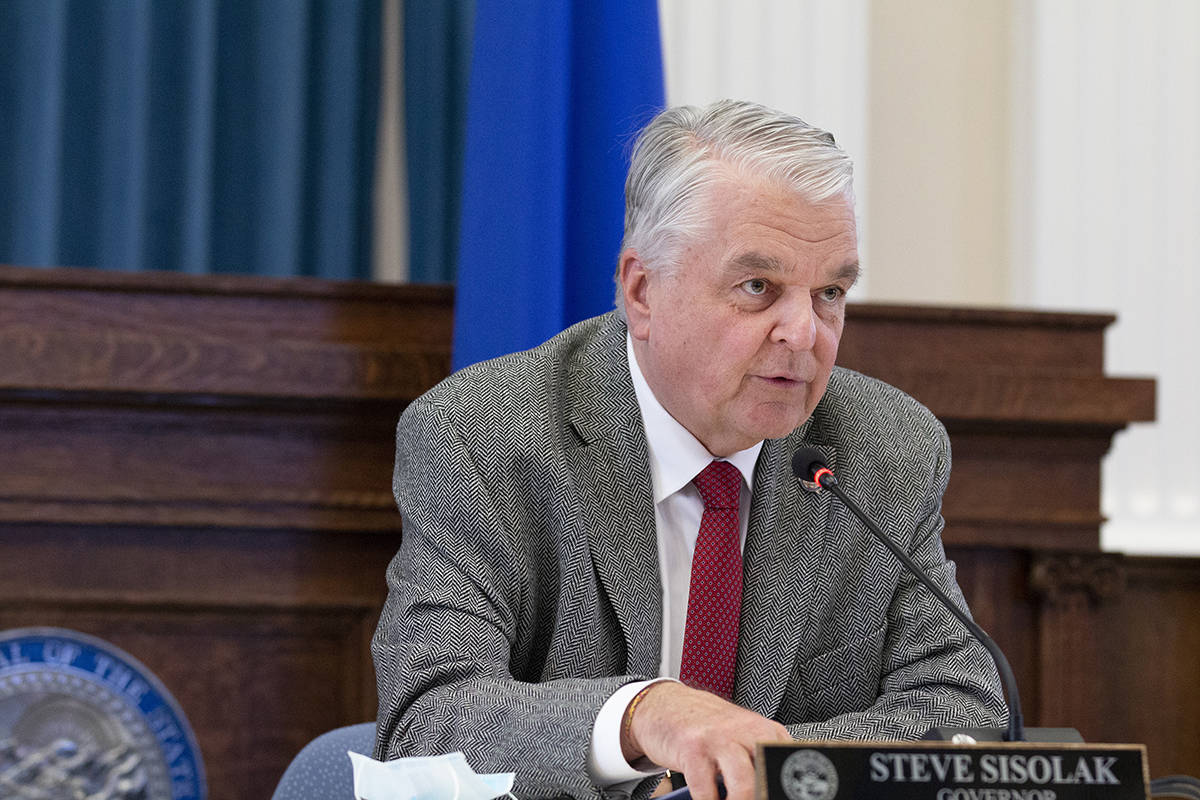Nevada Health Response releases Phase 2 guidance
Nevada Health Response issued specific guidelines for 16 categories of industries to use as they enter Phase 2 of Gov. Steve Sisolak’s roadmap for reopening the state.
Sisolak released Directive 021 on Wednesday, May 27 announcing Phase 2 would begin Friday, May 29, with gaming establishments set to open as of June 4. The guidelines cover aquatic facilities, bars, bowling alleys, camps, closed events, farmers markets, fitness centers, community and faith-based organizations, guest rooms, indoor malls, indoor venues, movie theaters, outdoor equine and livestock competitions, outdoor venues, personal services and trade and technical schools.
All prior directives referenced remain in effect through the end of June. As previously announced, data trends will be monitored throughout Phase 2 for an estimated period of two to three weeks. Should the data trends continue to remain positive, the governor maintains the ability to enter Phase 3 of reopening prior to the June 30 expiration set forth in the latest directive.
In each category, there are mandatory instructions and recommended best practices that are considered optional. Many of them include requirements for capacity to be reduced to 50% and for social distancing. Specific directions for cleaning and disinfecting also are included in most of the industry-specific guidelines.
Many of the mandatory instructions appear to be in answer to questions that would be raised without specific details, such as the requirement to remove lounge chairs from pools and disable locker rooms except for restroom facilities. In many instances, physical barriers and visual cues must be in place to remind guests of the need for social distancing.
Businesses must require all employees to wear facial coverings, except for where prohibited by law or regulation, where they are in violation of documented industry standards, not advisable for health reasons, are in violation of the businesses’ documented safety policies or when a there is a functional reason for not wearing one in the workplace. Also, employees are not required to wear facial coverings when working alone in an assigned work area.
A business must provide written justification, upon request, explaining why an employee is not required to wear a face covering in the workplace.
For bars, all “standing and open congregate areas” that are not necessary for the preparation and service of food or beverages must be closed, and customers waiting to be seated must wait outside and must practice social distancing from people not in their household.
Lunch and break times must be staggered to prevent large numbers of employees from congregating in cafeterias and break rooms, and spectators in places such as bowling alleys will be limited to groups of 50, with social distancing between groups of spectators. Again, capacity must be limited to 50% occupancy.
Detailed rules for farmers markets include suspending all sampling of produce, canceling entertainment that will result in crowds and pre-bagging all produce. Vendor spaces must allow for separation, and a hand-sanitizing station must be provided at the entry.
Guidance for community- and faith-based organizations is partially based on the fact they often serve the most vulnerable, “such as older people and those with serious underlying health conditions” who are at higher risk of developing severe COVID-19 illness.
Social distancing remains required, but households and families may sit together and indoor gatherings must not exceed 50 people. No handshakes, hugs or physical touching is allowed outside of household and family groups, and shared food or drinks are not allowed, unless provided for in a cafeteria that follows Phase 2 restaurant guidelines.
Complete industry-specific guidelines, both mandatory and recommended, can be found at NVHealthResponse.nv.gov.

















